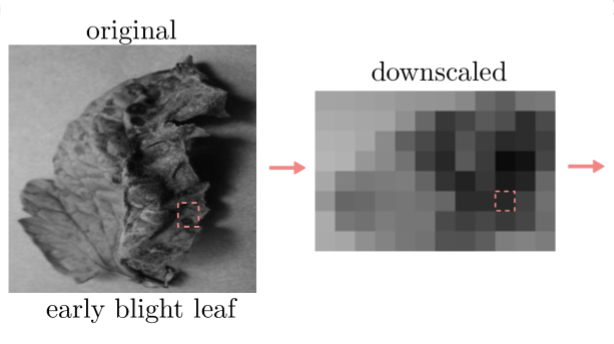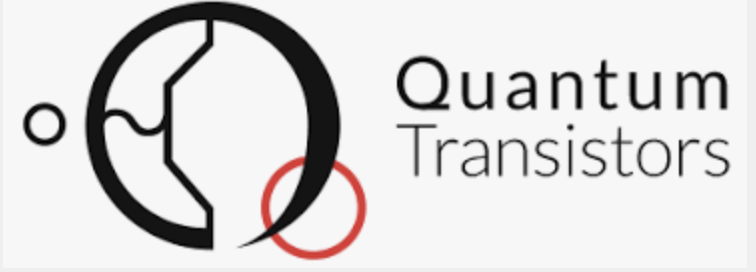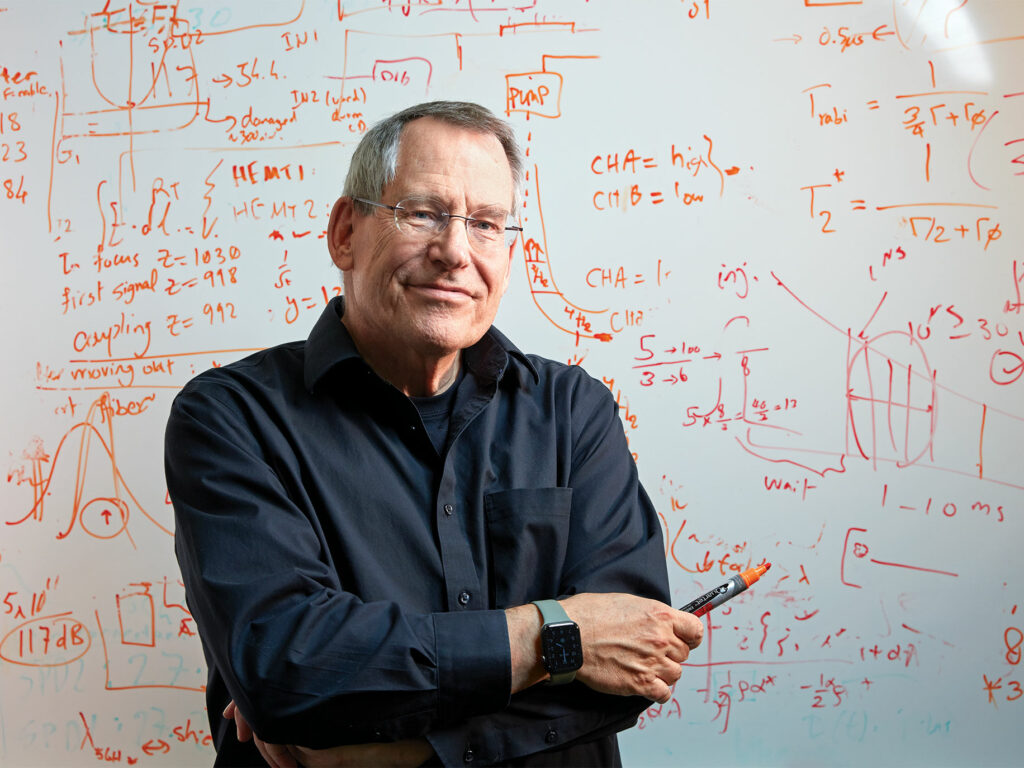A team of Indian and American officials held the first meeting of an organization developed to elevate and expand strategic technology partnership and defense industrial cooperation between the countries’ governments, businesses and academic institutions. Quantum is one of the technological areas identified for cooperation.
Two National Security Advisors led the U.S.-India initiative on Critical and Emerging Technology’s — or iCET — inaugural meeting, according to a White House statement. On the U.S. side, officials represented the Administrator of the National Aeronautics and Space Administration, the Director of the National Science Foundation, the Executive Secretary of the National Space Council, and senior officials from the Department of State, Department of Commerce, the Department of Defense, and the National Security Council. On the Indian side, the Ambassador of India to the United States, the Principal Scientific Advisor to the Government of India, the Chairman of the Indian Space Research Organization, the Secretary of the Department of Telecommunications, the Scientific Advisor to the Defense Minister, the Director General of the Defence Research and Development Organization, and senior officials from the Ministry of Electronics and Information Technology and the National Security Council Secretariat participated.
According to the statement: “The two sides discussed opportunities for greater cooperation in critical and emerging technologies, co-development and coproduction, and ways to deepen connectivity across our innovation ecosystems. They noted the value of establishing “innovation bridges” in key sectors, including through expos, hackathons, and pitch sessions. They also identified the fields of biotechnology, advanced materials, and rare earth processing technology as areas for future cooperation.”
The partnership looked at ways of strengthening the Indian-American ecosystem for innovation, including plans to bolster high-performance computing, artificial intelligence and quantum technological research and development. The bilateral initiatives include:
- Signing a new Implementation Arrangement for a Research Agency Partnership between the National Science Foundation and Indian science agencies to expand international collaboration in a range of areas — including artificial intelligence, quantum technologies, and advanced wireless — to build a robust innovation ecosystem between our countries.
- Establishing a joint Indo-U.S. Quantum Coordination Mechanism with participation from industry, academia, and government to facilitate research and industry collaboration.
- Drawing from global efforts to develop common standards and benchmarks for trustworthy AI through coordinating on the development of consensus, multi-stakeholder standards, ensuring that these standards and benchmarks are aligned with democratic values.
- Promoting collaboration on High Performance Computing (HPC), including by working with Congress to lower barriers to U.S. exports to India of HPC technology and source code.
You can read the complete statement here.

If you found this article to be informative, you can explore more current quantum news here, exclusives, interviews, and podcasts.




















